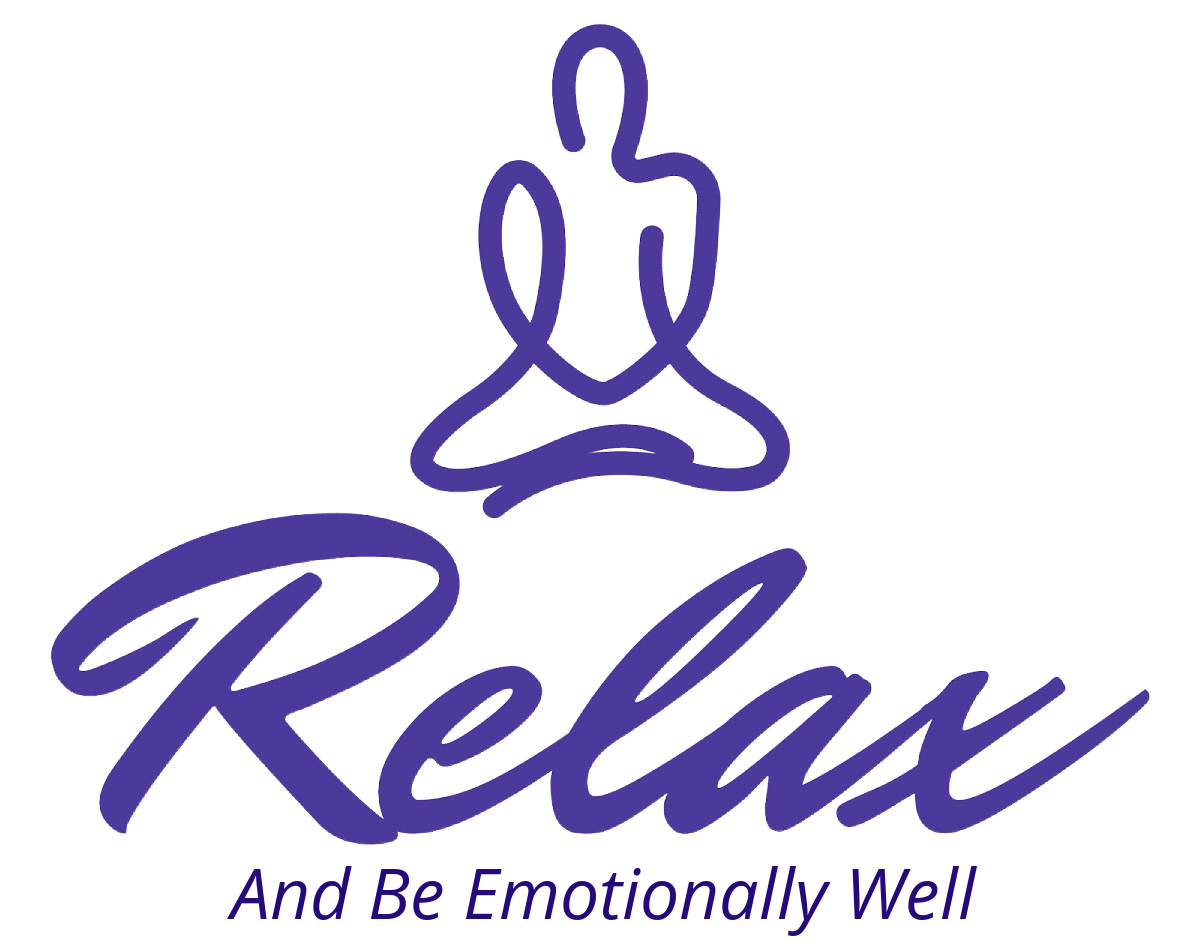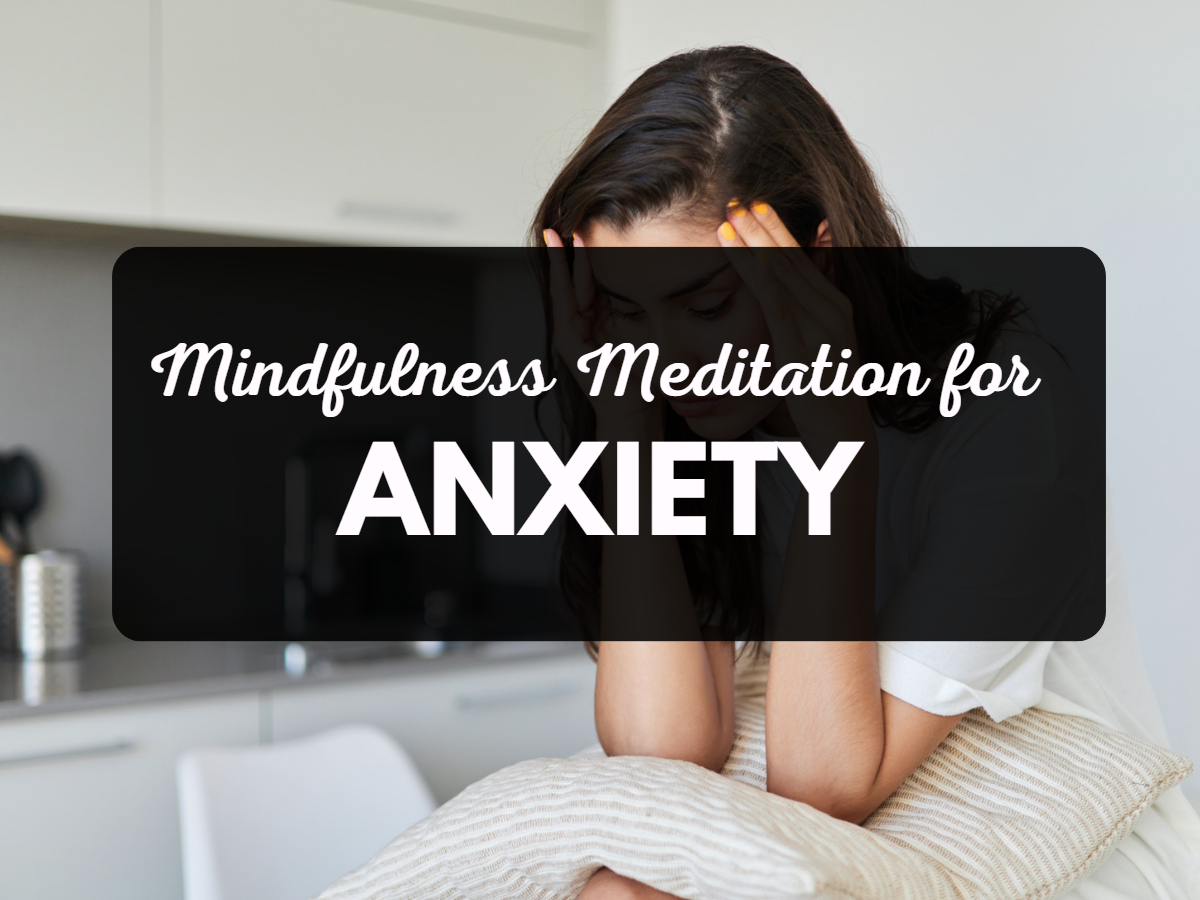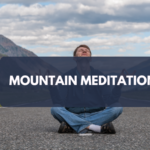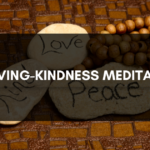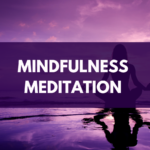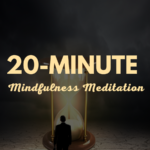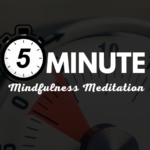Mindfulness Meditation for Anxiety
Looking for a way to manage your anxiety?
Mindfulness meditation is a powerful practice that can help. It’s simple, free, and accessible – anyone can practice it! With mindfulness meditation, you can instantly find calm in the chaos and create lasting peace of mind.
In this article, we will discuss how mindfulness meditation reduces anxiety and provide practical tips on getting started.
Let’s dive right in!
Is mindfulness meditation good for anxiety?
Yes, mindfulness meditation is an excellent tool for managing anxiety. It has been proven effective in reducing anxiety symptoms and improving overall mental health. It is a natural and non-invasive way to manage stress that can be practiced anywhere.
Reasons for using mindfulness meditation to manage anxiety
If you have ever felt overwhelmed by stress and anxiety, you’re not alone. Many of us experience these emotions at some point in our lives.
Thankfully, there is one powerful tool that can help – mindfulness meditation.
Mindfulness meditation is used to help manage anxious thoughts and feelings by enabling people to focus on the present moment and do so without judgment or criticism.
This type of meditation encourages open awareness and acceptance of the current moment rather than trying to escape from unwanted thoughts or feelings.
Research has shown that this practice can benefit those with high levels of anxiety who are looking for a way to cope healthfully.
Mindfulness meditation relieves anxious thoughts and helps reduce physiological symptoms such as increased heart rate, shallow breathing, muscle tension, and more.

How does mindfulness meditation help anxiety?
Recent studies have shown that mindfulness meditation can be an effective way to manage anxiety. It has been found to reduce anxiety symptoms, improve mood, and increase overall well-being.
Mindfulness meditation has also been proven to reduce the physiological symptoms of anxiety, such as heart rate and blood pressure.
You know mindfulness meditation for anxiety can significantly improve an people’s overall well-being.
Let’s explore some of these benefits in more detail.
Gaining a new perspective on stressful situations:
Mindfulness meditation can help you gain a new perspective on stressful situations.
By observing thoughts and emotions without judgment, you can develop a more objective view of your situation, which can help reduce feelings of anxiety and overwhelm.
Building skills to manage your stress:
Mindfulness meditation can also help you build skills to manage your stress. By practicing mindfulness regularly, you can develop resilience and learn to cope with stressful situations more effectively.
Increasing self-awareness:
Mindfulness meditation can also increase self-awareness, helping you become more in tune with your thoughts and emotions. This can help you identify triggers for your anxiety and develop strategies to manage them more effectively.
Focusing on the present:
Mindfulness meditation encourages you to focus on your present instead of worrying about your past and future. This can help reduce anxiety and increase a sense of calm and inner peace.
Reducing negative emotions:
Mindfulness meditation has been shown to reduce negative emotions such as anxiety, stress, and depression. You can improve your overall emotional well-being by cultivating calm and inner peace.
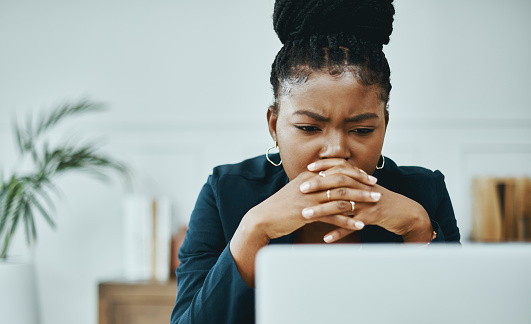
Increasing imagination and creativity:
Mindfulness meditation can also increase imagination and creativity, allowing you to approach problems and challenges innovatively.
Increasing patience and tolerance:
Mindfulness meditation can help you develop greater patience and tolerance, allowing you to approach difficult situations calmly and serenely.
Lowering resting heart rate:
Research has shown that mindfulness meditation can lower resting heart rate, reduce anxiety, and promote overall cardiovascular health.
Lowering resting blood pressure:
Mindfulness meditation has also been shown to lower resting blood pressure, improve overall cardiovascular health and reduce anxiety.
Improving sleep quality:
Mindfulness meditation has been proven to improve sleep quality, positively impacting overall health and well-being.
Can anxiety be cured with meditation?
A recent study has shown that mindfulness-based stress reduction (MBSR) can help ease generalized anxiety disorder (GAD) symptoms characterized by hard-to-control worry and fear.
MBSR is a therapy that combines meditation, body awareness, and yoga to reduce stress levels.
The researchers randomly divided patients with GAD into two groups: one group received eight weeks of MBSR treatment. At the same time, the other was given no treatment.
The results showed that patients in the MBSR group reported significantly lower anxiety levels than their peers who did not receive any treatment.
Additionally, the MBSR group also experienced improvements in concentration and quality of life.
These findings suggest that mindfulness techniques may be helpful for people with GAD who struggle to manage their anxious feelings.

What type of meditation helps anxiety?
- Loving-Kindness Meditation: Loving-kindness meditation focuses on feelings of love and compassion toward oneself and others. It can help you reduce stress and anxiety and increase feelings of empathy and connection.
- Body Scan Meditation: Body Scan Meditation involves focusing on different body parts and paying attention to sensations or feelings. It can help you become more aware of your bodily sensations, reducing the intensity of anxiety symptoms.
- Guided Meditations for Anxiety: Guided meditations are an excellent way to get started with mindfulness meditation. They can provide structure and guidance for beginners, making it easier to focus and stay present. Several guided meditations available online are designed explicitly for managing anxiety. These meditations can help you to relax, reduce stress and anxiety symptoms, and improve overall mental health.
- Breathing Exercises for Anxiety: Breathing exercises are another effective tool for managing anxiety. Deep breathing may help reduce stress and anxiety by slowing the heart rate and promoting relaxation. One simple breathing exercise is to breathe in slowly for a count of four, hold for a count of four, and exhale slowly for a count of four. Repeat this exercise several times, focusing on the breath and allowing the mind to become calm.
- Short Meditation for Anxiety: If you’re anxious and don’t have much time, a short meditation can quickly reduce anxiety symptoms. To practice a short meditation, find a quiet space and sit comfortably. Then close your eyes and focus on your breath, taking slow, deep breaths. Allow your mind to become calm and focused on the present moment. Even just a few minutes of this practice can help reduce anxiety symptoms and provide a sense of calm and relaxation.
What is the 3-3-3 rule for anxiety?
You may need a mental break, and the 3-3-3 rule can provide just that.
The 3-3-3 rule is a simple yet effective way to help calm anxious feelings.
A simple method designed to help you regain clarity in moments of overwhelm. It’s easy to practice and can be done anywhere, anytime.
You must look around for three things you can see, name three sounds you hear, then move three body parts, such as your ankle, fingers, or arm.
The repetitive nature of this exercise helps give the mind something else to focus on and provides an opportunity for reflection and relaxation.
This technique is excellent for those moments when anxiety levels are too high to ignore.
This exercise forces us to focus on our environment instead of ruminating on anxieties or stressful thoughts. As a result, the 3-3-3 rule helps us shift back into our present-moment reality more quickly.

How to Practice Mindfulness Meditation for Anxiety
If you’re new to mindfulness meditation, following a few simple steps to get started can be helpful:
- Set Up a Daily Practice: Choose a time and place to practice mindfulness meditation daily. This consistency can make it a habit and increase the benefits.
- Find a Quiet Space: Find a quiet space where you can sit comfortably without distractions. This could be a quiet room in your house or a secluded natural spot.
- Follow Simple Steps for Mindfulness Meditation: Sit comfortably with your eyes closed and focus on your breath. Notice any thoughts or emotions that arise, but do not judge or react to them. Instead, allow them to pass and return your focus to your breath.
How long should you meditate to get rid of anxiety?
The time needed to meditate to reduce anxiety symptoms can vary depending on the person. Some may find that just a few minutes of meditation daily reduces anxiety symptoms.
In contrast, others may need to practice for more extended periods.
It’s important to remember that mindfulness meditation is a practice, and the benefits increase over time with a consistent approach.
Final thoughts:
Mindfulness meditation is an effective tool for reducing anxiety and finding calm in the chaos. Regular practice helps us to identify, accept, and manage our thoughts and feelings more effectively. It can be incorporated into any lifestyle and doesn’t require expensive tools or equipment.
Give mindfulness a try – it may just be the key to a calmer life!
With just a few minutes of practice daily, you can reduce anxiety, decrease stress, and find peace in chaos.
